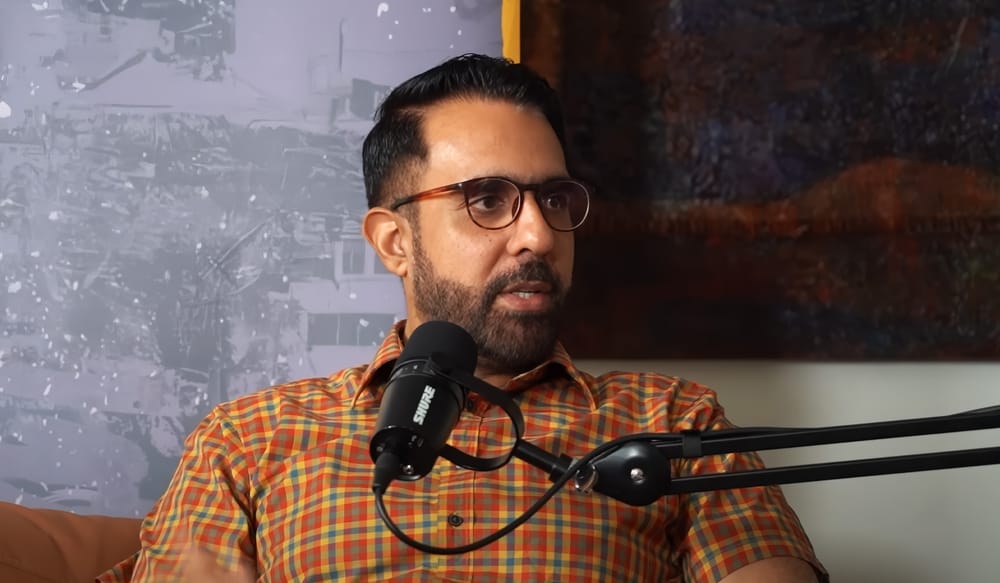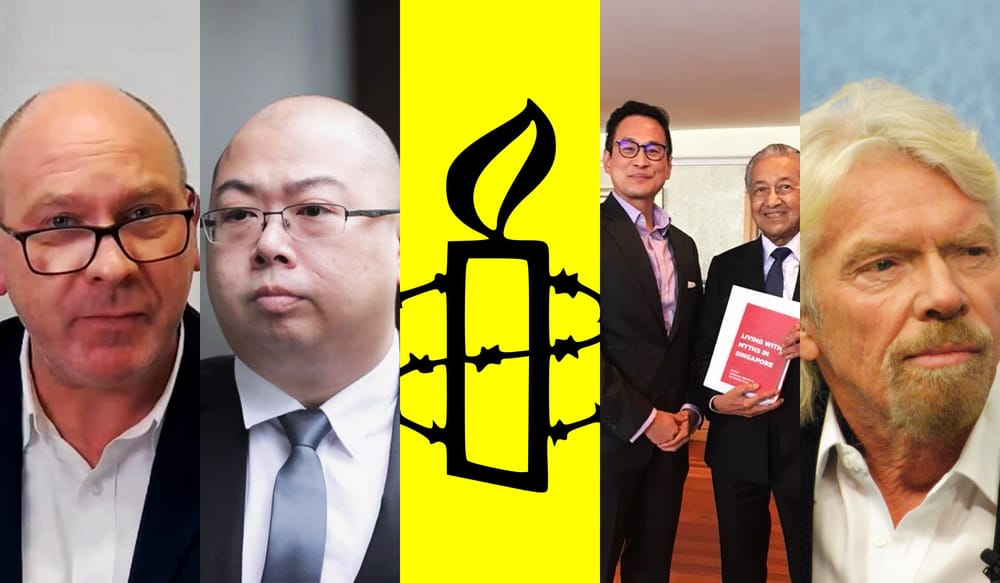What is the future of governance? Is it in the free-for-all liberal democratic West? Or is it going to be superseded by the rising power in Beijing?
I have to say I'm quite entertained by the competition of the two, since neither is the answer - and yet, neither is also willing to learn from the other.
Meanwhile, common sense approach is being hammered out in smaller nations, and the 2 years we've spent battling the pandemic have provided a clear measurement of who is doing best.
If you look at the developed countries which have recorded the smallest number of deaths from Covid-19, you're likely to see a similar pattern in their response - and it's a mixture of the "strict when necessary" and "lenient when possible" measures i.e. a blend of the best from the East and the West.
Granted, Singapore is not the only place employing these methods but I would argue it was the first in the world to adopt them in its domestic governance decades ago.

In essence, it's about learning the best from the rest of the world without importing the entire ideology that underpins many of these ideas.
In the freedom-loving West, it was very hard to impose any restrictions and even when they were passed, many people still behaved irresponsibly. Widespread skepticism - stemming from distrust of the authorities - also prevented effective vaccination campaigns in many countries. As a result, effective containment of the virus was not possible and the "deaths per million" are in the thousands there, even in some of the most civilized places.
Conversely, practicing strict lockdowns like China or, until recently, Hong Kong, worked well at reducing deaths to the absolute minimum but ultimately cracked as the precious time was wasted while millions remained unvaccinated when the most infectious Omicron strain hit.
This has catapulted Hong Kong's deaths to over 1000 per 1 million - or about 5 times the figure recorded in Singapore - in a matter of weeks. Meanwhile, mainland China is desperately trying to avoid the same fate, doubling down on isolating and quarantining millions, instead of swallowing its pride and getting the world's best vaccines.
2 years of very strict regulations may have - thus far - saved lives, but at a huge cost to the society that is worn out by now, and may still ultimately fail to prevent thousands of deaths.
Both China and the West tend to be overly dogmatic in their beliefs. China is driven by national pride and ambition of proving itself on its own, trying to show the rest of the world it doesn't need it. Meanwhile, Western devotion to personal liberty ended up breeding distrust and irresponsibility.
These flawed ways of thinking impact everything else in the country, not only its Covid response - but Covid has made it very easy to track international performance.
All of the world's top performers, besides Singapore: Australia, New Zealand, Taiwan or South Korea - have succeeded because of a common sense mix of public policy, general trust in the authorities and public's own responsibility. The Antipodes took advantage of their geographic isolation but still practiced significant restrictions and clamped down even on individual cases, before they could spread far and wide. Korea and Taiwan have done the same - with the latter still having recorded only 36 deaths per million (compared to e.g. over 3000 in America), after being the first to respond to the mainland outbreak in January of 2020.
Japan should be also recognized, perhaps not for the government response - which was often lacking - but for typical social responsibility of the Japanese population, which doesn't have to be taught to wear masks, abstain from talking or coughing in public areas and maintain good hygiene. Everybody has a role to play.
What millions in the West have seen as some assault on their personal freedoms, most in the Far East have recognized as a common sense behavior for the greater good of everyone, rather than some ideological struggle. And results followed.
I'm highlighting Singapore here because, well, I write about it a lot. But also because it is a place where this approach to governance is most widely adopted.
Unlike other nations performing well in the pandemic, it employs the same mode of thinking to other things - combating crime, housing its population, investing in infrastructure or managing national finances.
Governance must be stripped both of ideology and chauvinism. Its role is not to prove anything to anyone but to get the measurably best results in every area.
Major nations seem to be too self-absorbed to notice this - which is why their living standards may never catch up to some of the smaller ones.









